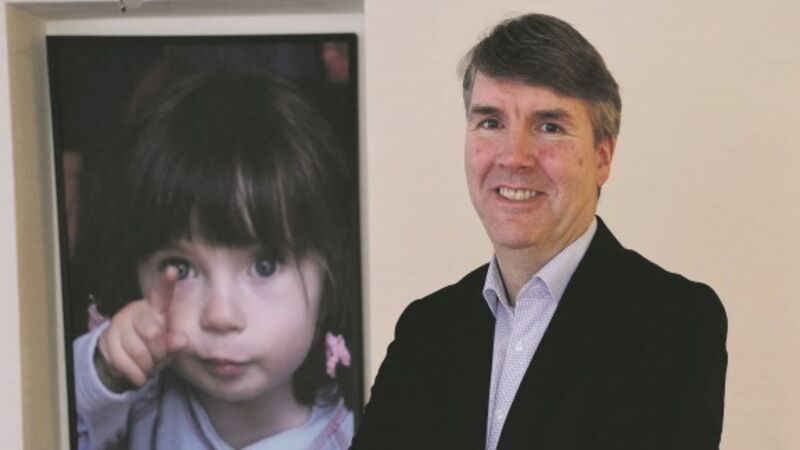Striving for a proactive approach to children

THE Office of the Ombudsman for Children.
It sounds like a lovely job, fighting for the rights of children.
Try from €1.50 / week
SUBSCRIBETHE Office of the Ombudsman for Children.
It sounds like a lovely job, fighting for the rights of children.
Already a subscriber? Sign in
You have reached your article limit.
Annual €130 €80
Best value
Monthly €12€6 / month
Introductory offers for new customers. Annual billed once for first year. Renews at €130. Monthly initial discount (first 3 months) billed monthly, then €12 a month. Ts&Cs apply.
CONNECT WITH US TODAY
Be the first to know the latest news and updates
Newsletter
Sign up to the best reads of the week from irishexaminer.com selected just for you.
Newsletter
Keep up with stories of the day with our lunchtime news wrap and important breaking news alerts.
Newsletter
Sign up to the best reads of the week from irishexaminer.com selected just for you.
Saturday, February 7, 2026 - 9:00 PM
Saturday, February 7, 2026 - 11:00 PM
Saturday, February 7, 2026 - 12:00 PM
© Examiner Echo Group Limited